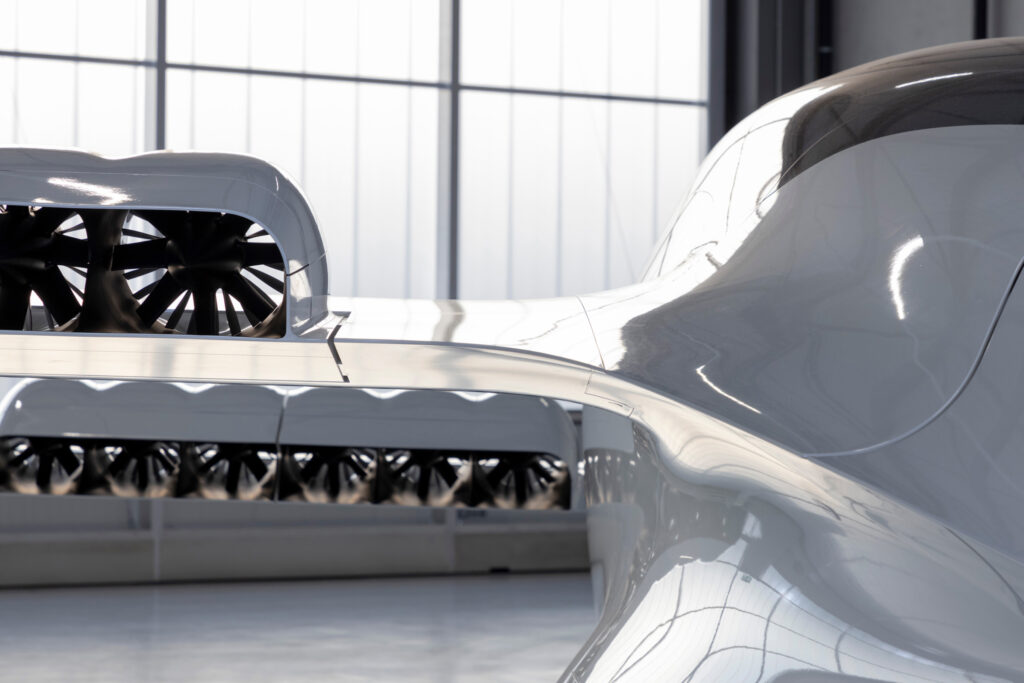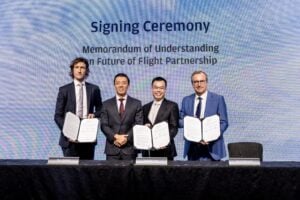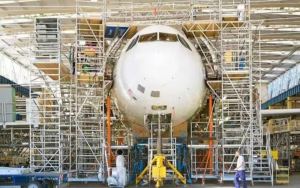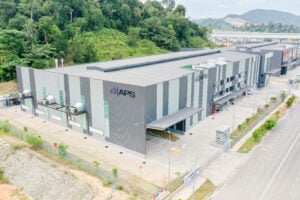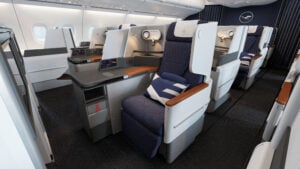The Lufthansa Group and Lilium have inked a Memorandum of Understanding (MoU) to embark on a collaborative journey in the realm of eVTOL aircraft operations across Europe. This strategic partnership aims to explore innovative opportunities within the aviation sector, encompassing ground and flight operations, futuristic aircraft maintenance, crewing and flight training. Additionally, the two companies plan to assess potential collaborations with third parties, such as airports and regional partners, to enhance infrastructure, including vertiports, airspace integration and operational processes definition.
Dr. Detlef Kayser, Member of the Lufthansa Group’s Executive Board responsible for Fleet and Technology, affirmed, “Innovation is ingrained in our DNA. The Lufthansa Group is committed to being a global pioneer in integrating cutting-edge products and processes. We aspire to propel aviation forward and lead the industry’s transformation. This MoU with Lilium represents a significant step in this direction. Only through innovation, courage and determination can we, as an industry, foster sustainability and surmount the challenges of the future.”
Klaus Roewe, CEO of Lilium, expresses, “We are thrilled that the Lufthansa Group has chosen to collaborate with us, as we jointly pioneer the future of aviation. The Lufthansa Group has been a driving force behind some of Europe’s most crucial aviation initiatives, particularly in the realm of environmental sustainability. We look forward to exploring avenues that will introduce eVTOL flights to Lufthansa Group customers.”
As recently announced by Lilium, the company has initiated the production of its Lilium Jet. According to the company’s internal projections, the European market is expected to witness a demand for approximately 9,200 eVTOL aircraft by 2035.
With a current fleet comprising over 700 commercial aircraft, the Lufthansa Group is actively pursuing a long-term fleet strategy focused on cost-efficiency and emissions reduction. The Group’s most recent aircraft acquisitions boast up to 30% lower fuel consumption and CO2 emissions compared to its predecessors. The Lufthansa Group has set ambitious targets to reduce its net carbon emissions by 50% by 2030, ultimately working towards achieving carbon neutrality by 2050.

